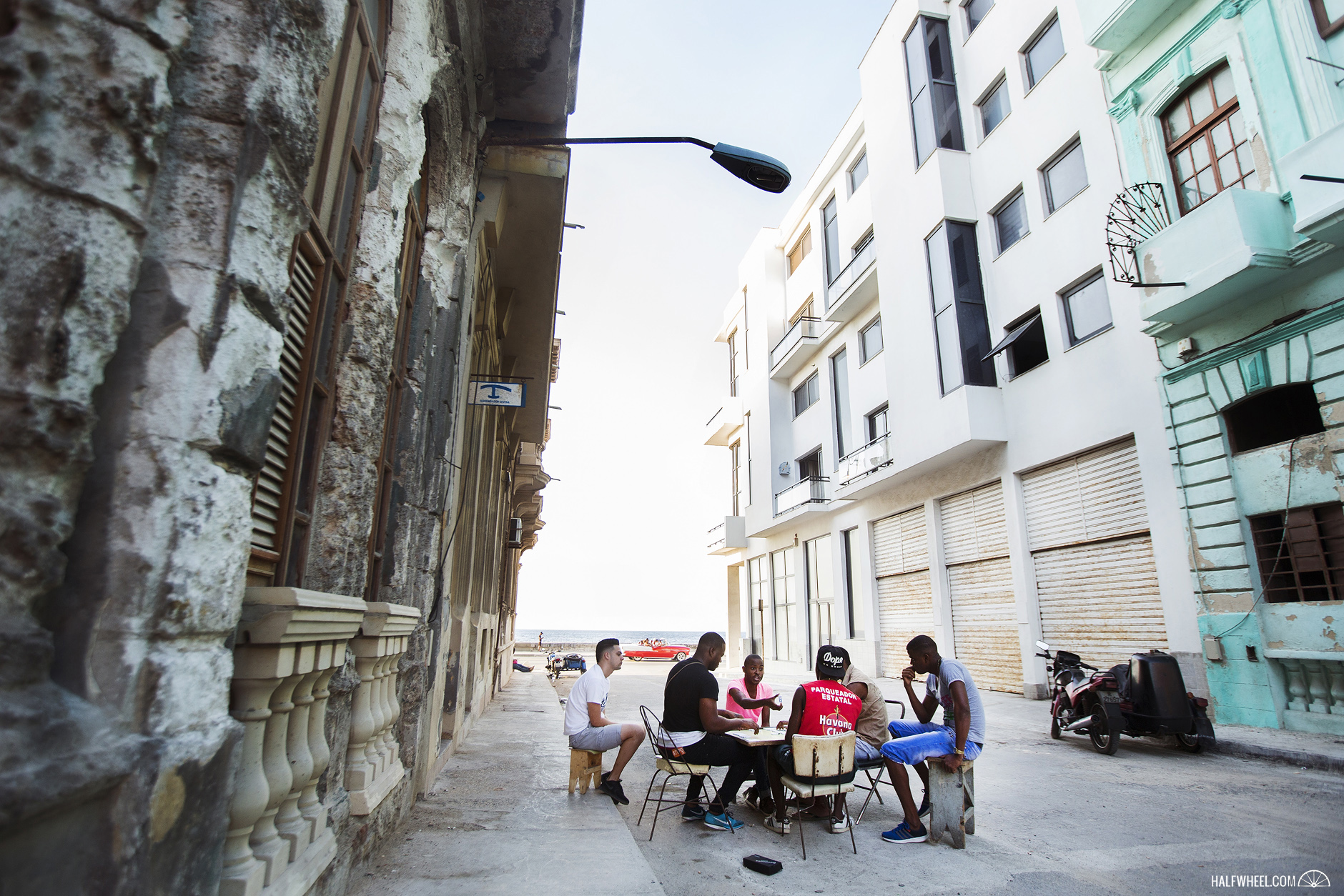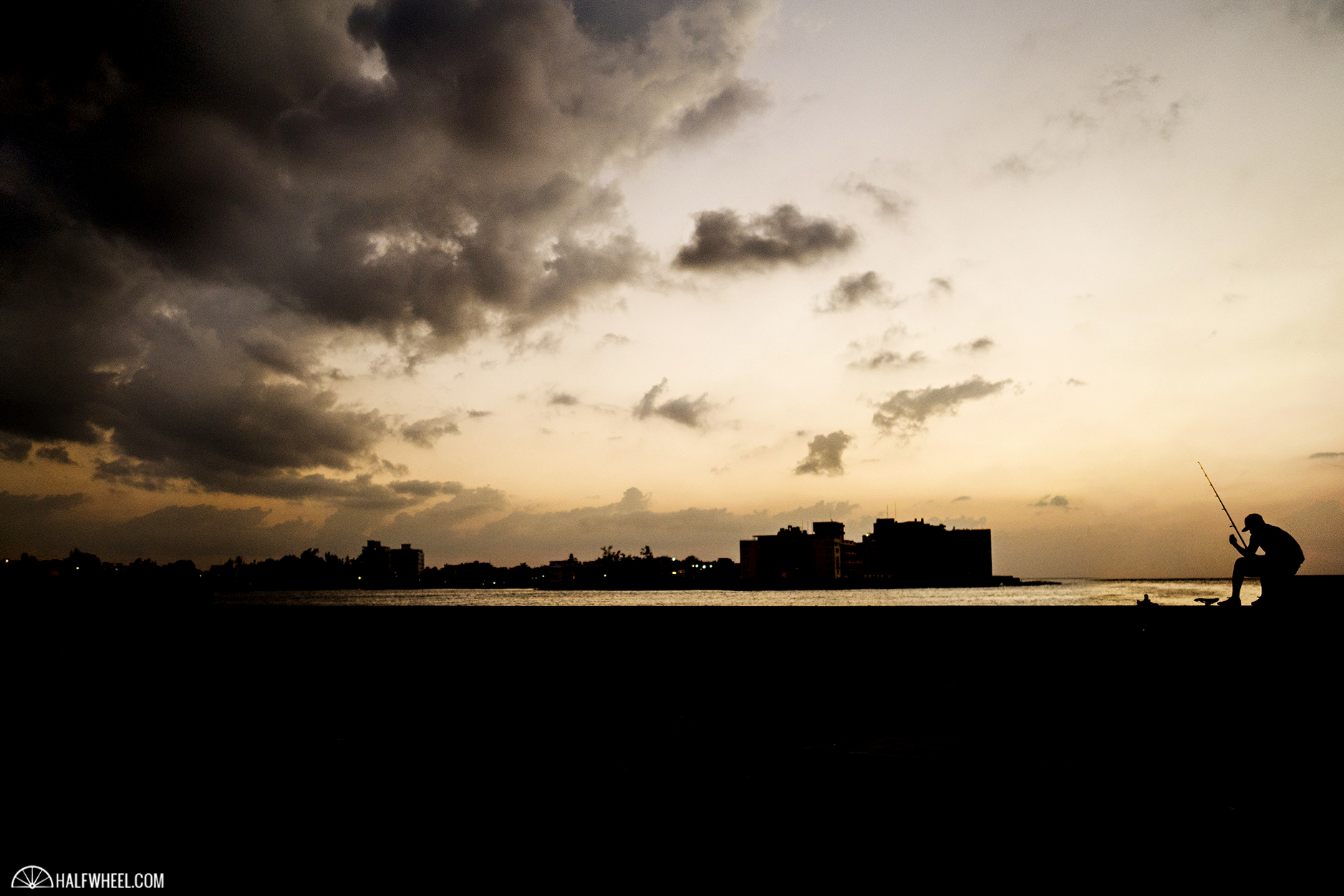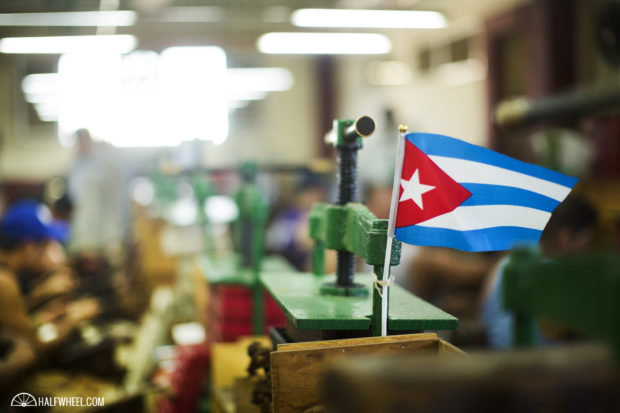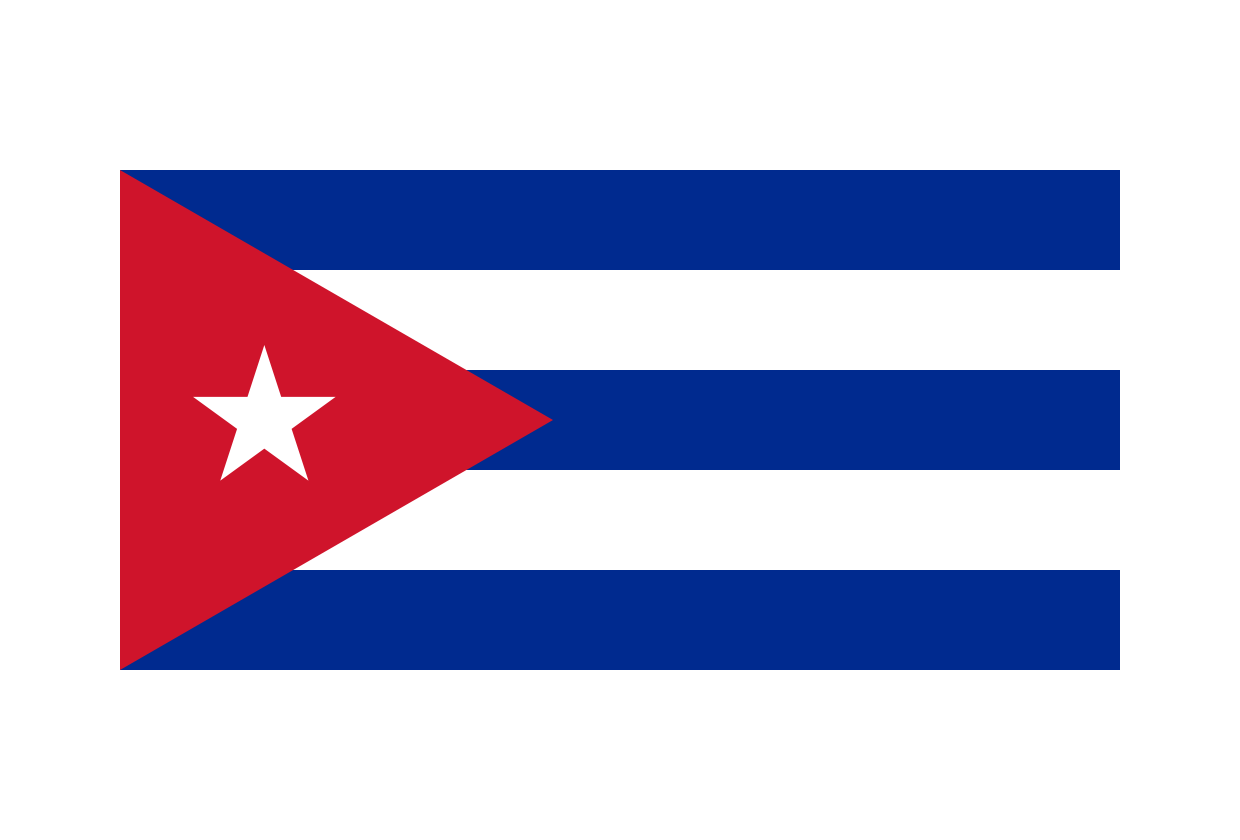The U.S. State Department announced today that it would ban licenses for group people-to-people and educational travel, putting an end to two of the more common ways for Americans to visit Cuba.
Today’s move is the latest in a series of moves where the Trump Administration has reversed the more open policy towards the island nation brought about under the Obama Administration.
None of today’s changes directly affect how Americans are able to buy Cuban cigars. It is still illegal for Cuban cigars to be shipped in the U.S. or sold in U.S. stores. However, Americans traveling abroad to both Cuba and other countries can bring back Cuban cigars to the U.S. so long as they comply with standard duty requirements, no different than bringing back Dominican or Nicaraguan cigars.
This will further limit the amount of Americans visiting Cuba and make it substantially more challenging for Americans—particularly those without family in Cuba—to visit Cuban cigar factories or stores. 
For the Trump Administration, today’s move is aimed at trying to further cut off tourism revenue for Cuba, which it believes is used supports oppression in both Cuba and other countries.
“The United States holds the Cuban regime accountable for its repression of the Cuban people, its interference in Venezuela, and its direct role in the man-made crisis led by Nicolas Maduro,” said a statement on the State Department’s websites. “Despite widespread international condemnation, Maduro continues to undermine his country’s institutions and subvert the Venezuelan people’s right to self-determination. Empowered by Cuba, he has created a humanitarian disaster that destabilizes the region.”
In order to go to Cuba, Americans must receive a license from the Department of Treasury for travel. The U.S. Embassy in Cuba still lists 12 authorized categories for a general travel license, though it would appear the fifth and eighth options will come to an end:
- Family visits
- Official business of the U.S. government foreign governments, and certain intergovernmental organizations
- Journalistic activity
- Professional research and professional meetings
- Educational activities
- Religious activities
- Public performances, clinics, workshops, athletic and other competitions, and exhibitions
- Support for the Cuban people
- Humanitarian projects
- Activities of private foundations or research or educational institutes;
- Exportation, importation, or transmission of information or informational materials
- Certain authorized export transactions

Cruise ships are likely to be uniquely affected. Because of the group “people-to-people” travel, cruise ships could apply for licenses for all of its passengers and removed much of the hassle and questions surrounding Cuba travel for tourists.
Per the Commerce Department’s website, any traveler who had “already completed at least one travel-related transaction prior to June 4, 2019” will be able to continue to get a license for group people-to-people travel or educational travel.
In addition, privately-owned planes and boats “generally will be prohibited” from going to Cuba.



